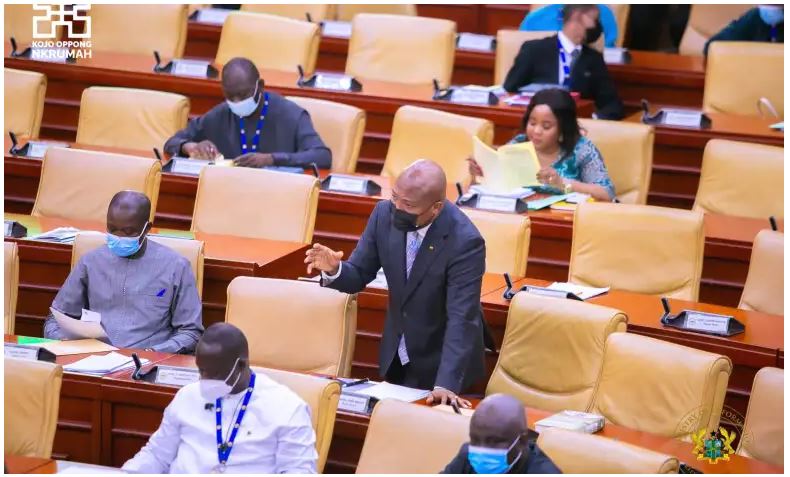The allegations presented by the Auditor General in its report, according to Ablakwa, have the potential to damage the EC’s reputation and erode public confidence.
Samuel Okudzeto Ablakwa, the MP for North Tongu, stated that it is concerning that some of the top 25 unnamed Electoral Commission (EC) officials have not disclosed their assets or submitted to background investigations by the police.
The allegations presented by the Auditor General in its report, according to Ablakwa, have the potential to damage the EC’s reputation and erode public confidence.
The North Tongu MP urged the EC to create an asset register to keep track of its possessions nationwide in a Facebook post.
“Ghana’s Electoral Commission doesn’t do its image any good, and they certainly do not help improve public confidence in their credibility when the Auditor General discovers, rather dreadfully, that as many as 21 top management staff including directors do not have personal records, police background check reports and declaration of assets and liabilities on their files.
Who are these mysterious 21 top management staff and why were they allowed to violate Article 9 (1) of the Commission’s Bargaining Agreement (CBA) of 2018 which states: “Every employee will be required to give particulars about himself/herself on the STANDARD FORM (called PERSONAL RECORDS), which shall be inserted on his/her personal file?”
How does the Jean Adukwei Mensa-led Electoral Commission expect Ghanaians to have full confidence in her team and trust the results they announce when as many as 21 top management staff and directors have avoided a police background check?
It is equally scandalous that despite receiving billions of taxpayer and donor funds over the years, the Commission doesn’t have an Asset Register to capture and record its extensive assets across the country such as landed properties, office premises, guest houses, residential accommodations, motor vehicles, office equipment, computers and accessories, furniture and fittings, etc.
You can’t keep proper records of what we buy for you but somehow you expect us to trust you to preserve the sanctity of our votes, both of which remain under your supervision.
We must always remember that trust and public confidence in our institutions and public officials are earned, and when they are eroded or absent, the consequences for our democratic stability are dire”.





